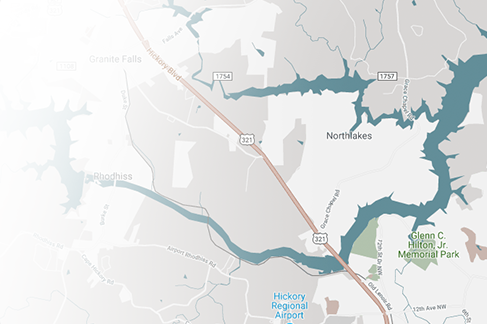Gout is a common type of inflammatory arthritis that causes periodic episodes of "flares" of pain, stiffness, swelling, and redness in a joint. More than 9 million people in America are living with gout, which usually affects one joint at a time.
While there is no cure for gout, it can usually be well-managed with lifestyle modifications like diet, exercise, and medications. However, if gout reaches an advanced stage or is left untreated, the results can be disabling, especially if gout happens to affect a major part of the body, such as the shoulder joint.
Keep reading to learn more about gout in the shoulder, including what the symptoms are and how it's managed.
Symptoms of Gout in Your Shoulder
According to the U.S. Centers for Disease Control and Prevention (CDC), gout is most likely to occur in the big toe, and to a lesser extent, the knee, ankle, and other toe joints. Though rare, it is possible for gout to affect a shoulder joint.
If you or a loved one experiences gout in the shoulder, you will likely notice severe or excruciating pain along with redness, swelling, and stiffness in the joint. The affected joint may feel hot or burning and could be very sensitive to touch.
The only way to know for sure whether your symptoms are caused by gout is to consult with a doctor.
Causes of Gout in the Shoulder
Gout in the shoulder—or gout in any other joint—is caused by an abnormal buildup of a substance in the body called uric acid.
Uric acid is made when the body breaks down compounds called purines, which come from certain foods like red meat, organ meat, anchovies, sardines, mussels, scallops, trout, and tuna. Normally, the kidneys are able to send uric acid out of the body via the urine. But if the kidneys aren't working properly, uric acid can start to build up in the body, including the joints.
Risk Factors
Being male is one of the leading risk factors for gout. In fact, gout is five times more common in men than in women.
Other risk factors for gout include:
- Being overweight or obese
- In women, being post-menopausal
- Eating a lot of foods that contain purines
- Drinking a lot of alcohol
- Using certain medications (e.g., water pills or diuretics)
- Consuming a lot of fructose (a kind of sugar)
- Having certain underlying health conditions, including kidney disease, diabetes, high blood pressure, heart failure, and metabolic syndrome
Diagnosis of Gout in the Shoulder
To diagnose gout, a doctor will typically rely on a physical exam as well as tests, including blood work and imaging studies (X-ray, CT scan, and/or MRI). This helps rule out other possible causes of shoulder pain and confirm gout as the underlying cause.
Other Conditions That Cause Shoulder Pain
As mentioned, it's generally considered uncommon for gout to affect the shoulder joint. During your work-up, your doctor might identify and diagnose other common causes of shoulder pain, including:
- Bursitis
- Tendonitis
- Tendon Tears
- Osteoarthritis
Prime Surgical Suites for Shoulder Pain: Your Solution for Relief
When conservative treatments like lifestyle modifications, physical therapy, and medication aren't doing enough to relieve your shoulder pain caused by gout, it's time to talk to your doctor about other options. At Prime Surgical Suites, our Lenoir NC orthopedic surgery team offers several surgical options for shoulder pain relief, including robotic-assisted total shoulder replacement.
A total shoulder replacement or total shoulder arthroplasty (TSA) involves the surgical removal of damaged parts of the shoulder joint. These parts are replaced with metal and plastic implants that can significantly improve function, range of motion, and pain.
In addition to gout, other conditions that can be treated from a total shoulder arthroplasty include severe rotator cuff tears, avascular necrosis, and other types of arthritis, including severe osteoarthritis and rheumatoid arthritis.
At Prime Surgical Suites, we provide state-of-the-art, cost-effective musculoskeletal surgical care in a convenient and comfortable outpatient setting for patients of all ages. Located in RiverCrest Medical Park, we are the region's first outpatient center focused exclusively on orthopedics. Our physician-led center will help restore your active lifestyle and well-being with compassion and orthopedic excellence.
.png?width=200&height=63&name=Prime%20Surgical%20Suites%20Logo-FINAL%20(REV_2_19).png)






